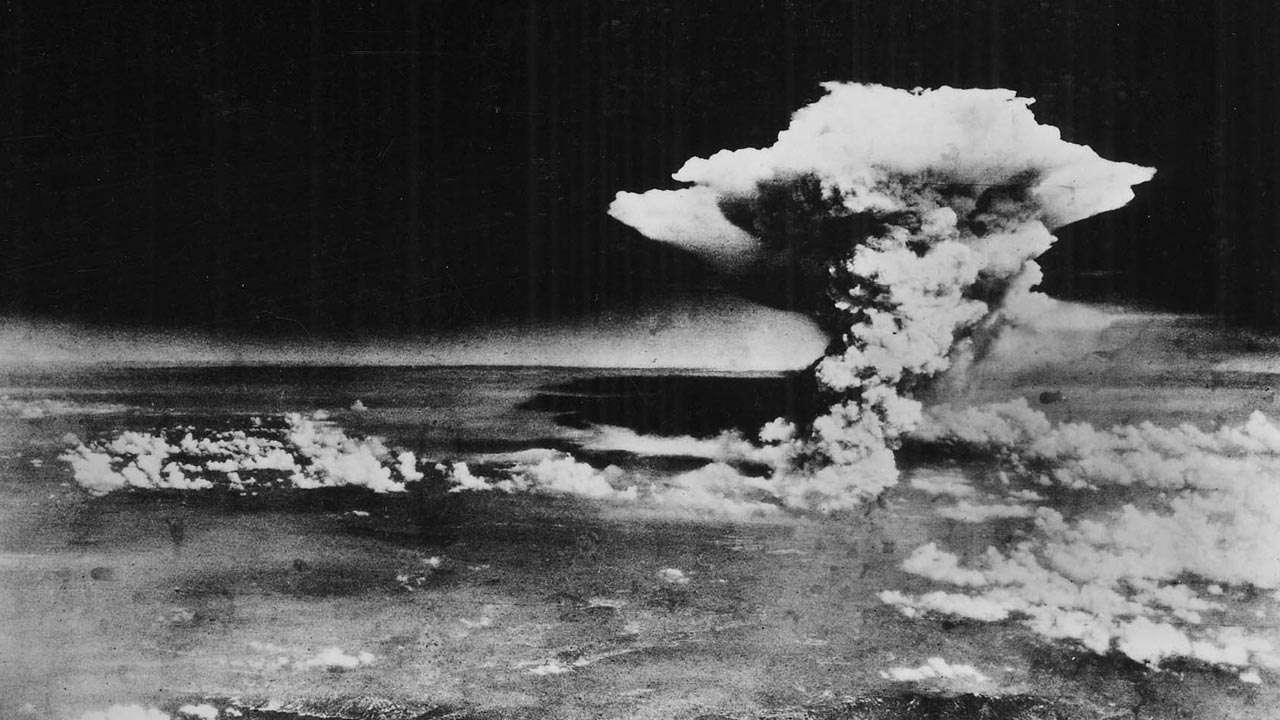
Japan’s profound interest in the international community’s efforts to help usher in a world free of nuclear weapons was underlined in the run-up to the commemoration of the International Day for the Total Elimination of Nuclear Weapons, which was observed first time in 2014 in accordance with a decision of the UN General Assembly.
Two events marked the efforts of Japan’s civil society to avail of the day to enhance awareness of the complete elimination of nuclear weapons, and enable the country shed the straitjacket of compulsions imposed by the North Korean threat, delicate relations with China and the US nuclear umbrella.
One of the events was the joint anti-nuclear exhibition of Soka Gakkai International (SGI) and the 2017 Nobel Peace laureate, International Campaign to Abolish Nuclear Weapons (ICAN) titled “Everything You Treasure – For a World Free From Nuclear Weapons” that opened for the first time in Tokyo on September 21.
The exhibition stressing the importance of the early entry into force of the Treaty on the Prohibition of Nuclear Weapons (TPNW) has been held in 88 cities in 20 countries since its launch in Hiroshima in 2012.
The Treaty was adopted by the United Nations General Assembly in July 2017. It opened for signature on September 2017. Until now, 69 countries have signed and 19 ratified the Treaty. It will enter into force 90 days after 50 states have ratified.
Japan did not attend the Treaty negotiations; it has neither signed nor will it ratify the Treaty. Foreign Minister Taro Kono explained the reasons in a message to the event titled “Towards a world free from Nuclear Weapons – Thinking about the role of the only country to have been a victim of atomic bombs” on September 24.
The event was co-organised by the Japan NGO Network for Nuclear Weapons Abolition and the United Nations Information Centre in cooperation with Faculty of Law, Meiji University and The Hibakusha Appeal.
Minister Kono explained that although the Treaty’s approach is different from that of the government, the government shares the goal of abolishing nuclear weapons. On the other hand, he said, the TPNW was drafted without taking into account the security aspect: both nuclear weapons states and states facing security threat, such as Japan. For this reason, neither of the two groups has participated in the treaty negotiations.
Nevertheless, declared Kono, the Japanese government will persistently pursue practical as well as concrete efforts, which involve nuclear weapon states through promoting early entry into force of the Comprehensive Nuclear-Test-Ban Treaty (CTBT) that prohibits all nuclear explosions, for both civilian and military purposes, in all environments.
Transparency, a nuclear disarmament verification mechanism, and interactive discussion involving both nuclear-weapon and non-nuclear-weapon states, and active efforts by as well as discussions among the NPT state parties could help build bridges leading to a world free of nuclear weapons.
Minister Kono believes that as the only country to have ever suffered atomic bombings, Japan has the mission to firmly pass on to next generations the correct understanding of the realities of atomic bombings across borders and generations.
As the atomic bomb survivors (Hibakushas) are ageing, the Government of Japan launched the ‘’Youth Communicator for a World without Nuclear Weapons” programme in 2013 in order to support efforts to transmit the realities of atomic bombings to future generations.
Secretary-general Terumi Tanaka of Nihon Hidankyo, a Japan-wide organization of atomic and hydrogen bomb sufferers, in his keynote speech titled ‘I see a light in pathway towards Nuclear Abolition’ said the TPNW was adopted by 122 countries representing about 60 per cent of the world population.
The Japanese government has taken the stance of a state dependent on the US nuclear arsenals for the safety of the nation. “It is time for us to ask anew ourselves whether a majority of Japanese people really would like to be dependent on the US nuclear weapons for our safety,” emphasised Tanaka.
Renowned actress Sayuri Yoshinaga, who has made reciting atomic bomb poetry her life’s work, said in Talk with Akira Kawasaki, member of the Executive Committee of Peace Boat and a member of the ICAN International Steering Group, said: “Now that the TPNW has been adopted, I hope that we in Japan will ponder over this issue and say ‘No’ to nuclear weapons.”
IDN is flagship agency of the International Press Syndicate